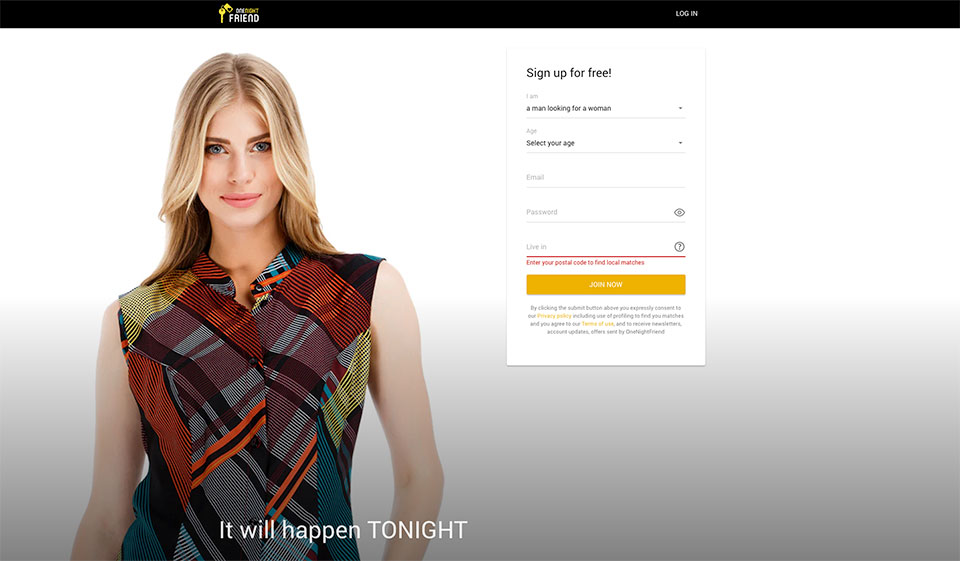
Your relationships – hhe way that your parents raised you can have an impact on how you interact with your partner. Some examples of this are if you were emotionally repressed, your attachment style is ambivalent or you had trauma.
Repressed parents
The name of the game for your child’s emotional health is to let them know you’re there to love and nurture them. While they may not always appreciate your efforts, you’ll have a much easier time dealing with their negative attitudes and behaviors if you don’t stifle their speech. It’s the smallest thing you can do to show your appreciation.
There are several ways to go about achieving this feat. For starters, appoint an advocate who’s well-versed in parental psychology. This is especially true if your child has a troubled past, or is currently in foster care. You can also consult a mental health professional for an informal checkup and a bit of direction. If you can’t afford a private session, you can always check in at your local Child and Family Services agency.
In addition to appointing an advocate to your child, you can make a few small modifications to your own parenting style. For example, make sure you’re giving your children a fair shake with respect to discipline and sleep. These things will do wonders for your sanity and your child’s well-being. Your child will thank you for it in the long run. One more tip: if you aren’t sure if your kid has a mental illness, take them to a psychiatrist or a therapist whose job it is to get to the bottom of the matter. Getting a diagnosis is a good place to start, especially if your child’s condition isn’t as obvious as you think.

Traumatic experiences
A childhood trauma can lead to a range of consequences. It can alter your perceptions, cause emotional ups and downs, and even impact your adult relationships.
Childhood trauma can also be a contributing factor in many mental health problems. One of the best known examples is post traumatic stress disorder. This disorder causes hyperarousal, an abnormally high level of anxiety. The PTSD symptoms are often accompanied by nightmares, compulsions and panic attacks.
While trauma can have a lasting effect on your life, it’s not always the best time to start healing. Adults who have been affected by childhood abuse are reluctant to talk about their traumas or open up about their emotional vulnerabilities. Those with PTSD may also be reluctant to trust others.
Survivors of childhood trauma can benefit from therapy. Therapists are trained to help adults understand the impact of their trauma and develop coping skills. Once they are aware of the effects, they can start repairing their relationships.
As a child, you needed a solid attachment to your caregiver. This bonding is necessary to help you learn to interact with the world in a positive way. Without it, you can’t expect to manage your emotions and stay emotionally stable.
However, you might have been abused or neglected without realizing it. That can have a resoundingly negative impact on your relationship.
Taking the time to think about your past can help you find your true self. You can make a free twenty-minute consultation to get you moving in the right direction.

Attachment style
Your childhood is an important influence on your relationship style. It can shape your fears and emotions, and can lead to difficulties in the future.
Some people were raised in a traumatic environment. This could include parents who were abusive or had addictions. They may have also believed that relationships were dangerous. In addition to suffering from abuse or abandonment, they might develop a fear of intimacy and have difficulty trusting others.
Others were raised in a happy home. However, their early experiences do not match what they later experienced.
Attachment styles are categorized as secure, insecure, or avoidant. Each type is based on the way we respond to relationships.
The secure attachment style is the most common. A child who has a secure attachment style is able to trust and nurture others. He or she feels safe and secure and is less likely to experience abandonment.
An insecure attachment style is an unhealthy style that creates distrust and fear of closeness. Someone with an insecure attachment style may avoid close romantic relationships or become afraid to show emotion. They may feel that their partner doesn’t care enough.
A secure attachment style puts a child in the most advantageous position in life. Children with this style can explore the world and can make connections later in life.
A disorganized attachment style is characterized by confusion, erratic behavior, and emotional distress. This is caused by the absence of a coherent and consistent caregiving model.

Egocentricity
Egocentricity is a cognitive bias that affects people’s decisions and behaviors. It occurs when people believe that their view is the only possible one. This leads them to think that they are invincible.
Researchers have investigated egocentrism in children in both cognitive and visuo-perceptual domains. They have found that a child is prone to egocentrism at an early age. However, it’s less well understood in the emotional domain.
In a classic study of egocentrism, Jean Piaget gave children a three-dimensional model of a mountain. He then asked them to select the best view. The resulting experiment demonstrated that children chose the picture that represented their own view.
Studies conducted by Piaget and others suggest that the egocentricity of children takes different forms at different stages of development. For example, older children often view the same mountain from different perspectives.
Research has also shown that preoperational children display animism. Children at this age assume that everyone sees and hears things the same way. Moreover, they use existing ideas to explain cause and effect relationships.
Interestingly, adolescents and adults exhibit greater levels of egocentrism than younger children. However, there are still few studies examining adolescent and adult egocentrism.
Research on egocentrism is generally divided into two major categories: cognitive and emotional. Those with a high level of emotional egocentrism may be anxious, impulsive, and untrusting. On the other hand, those with a high degree of cognitive egocentrism may not make social connections.






0